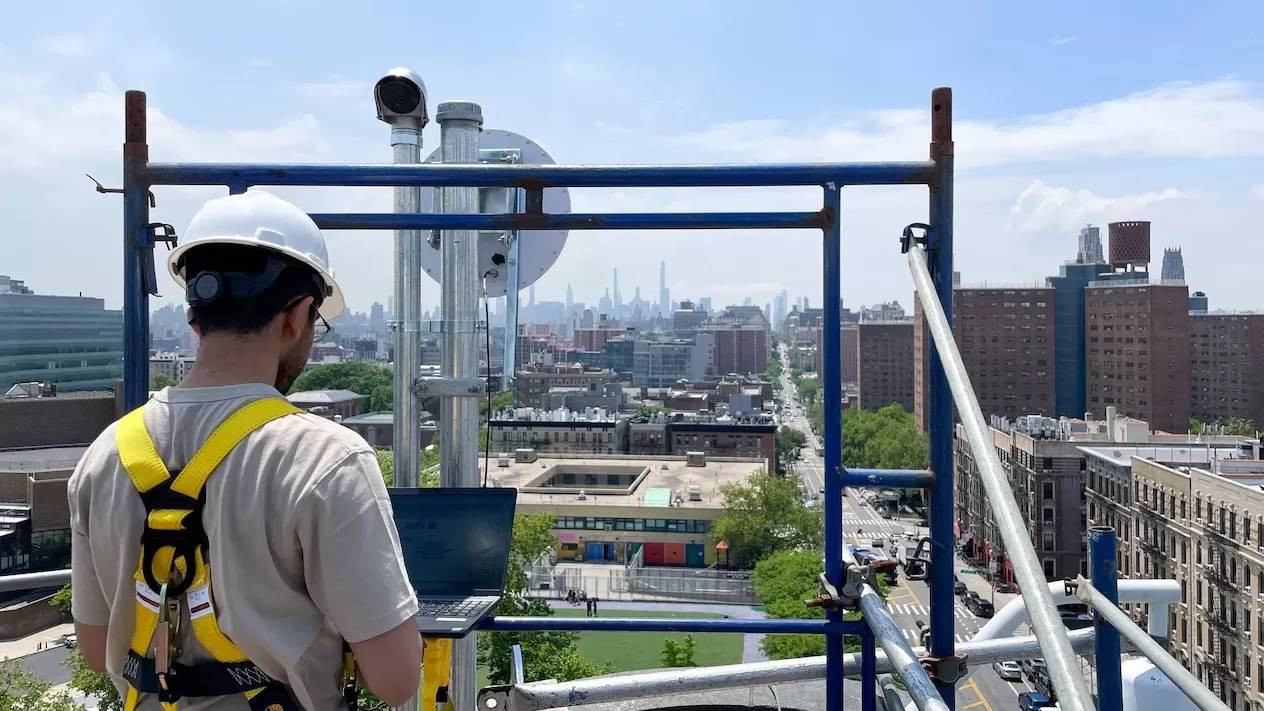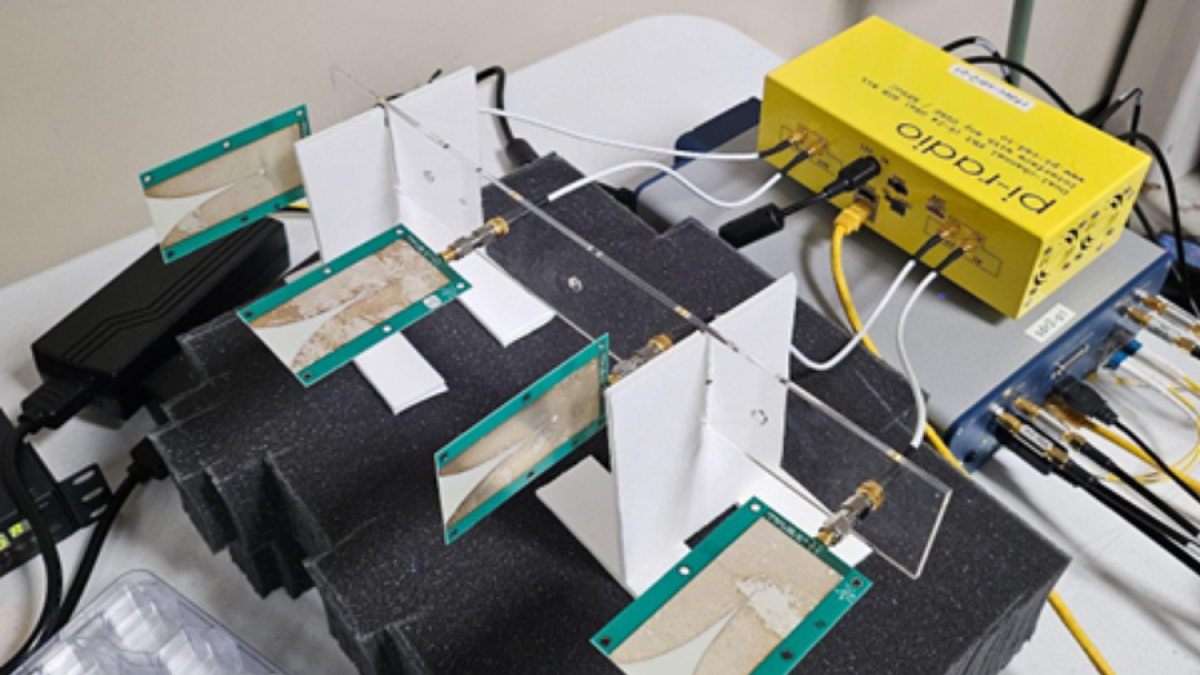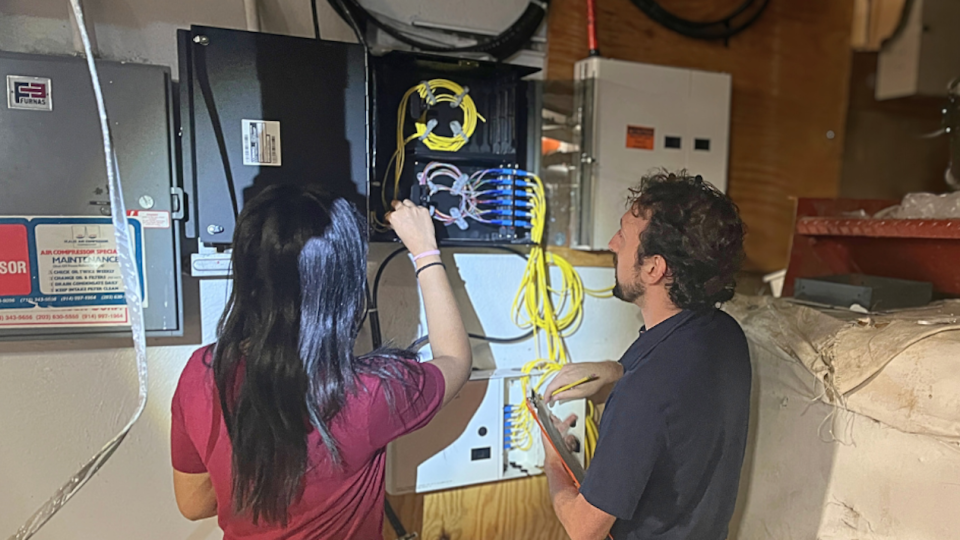
A paper using the COSMOS testbed received the Best Paper Award at the ACM/IEEE Symposium on Edge Computing
By Xintian Tina Wang The award-winning study demonstrates a privacy-preserving, real-time edge computing system that uses street cameras and on-device intelligence to warn pedestrians of





